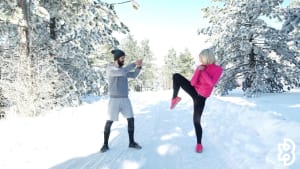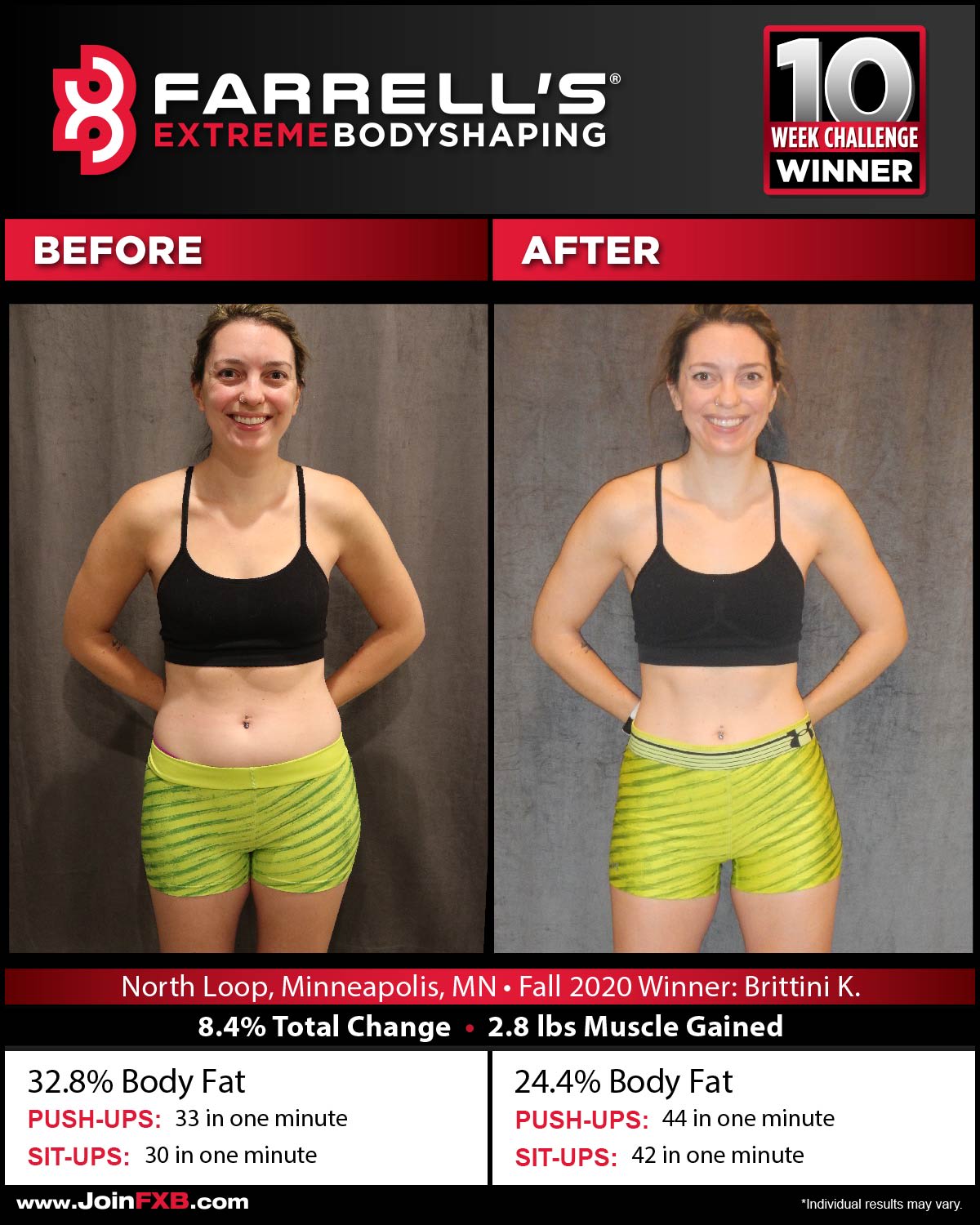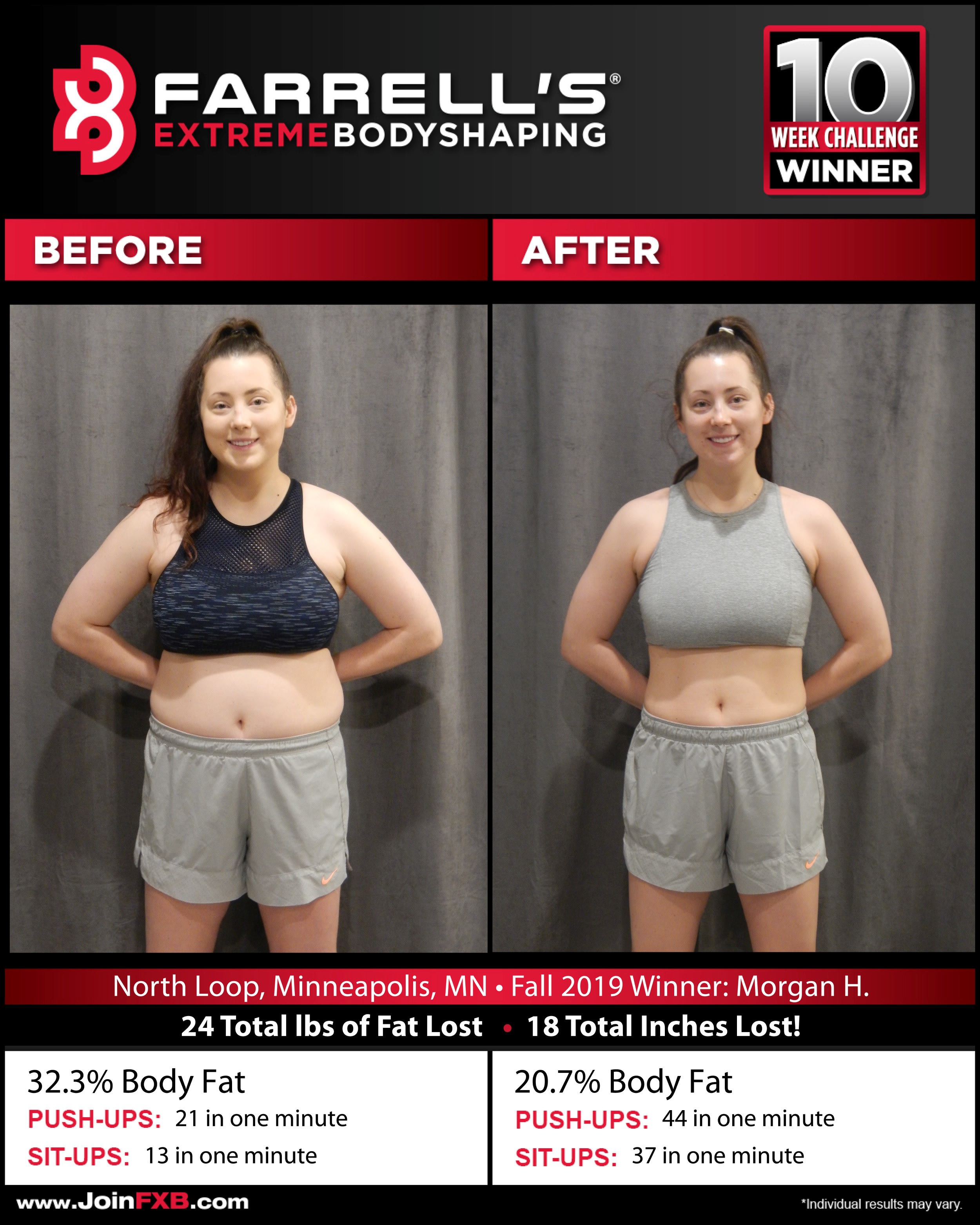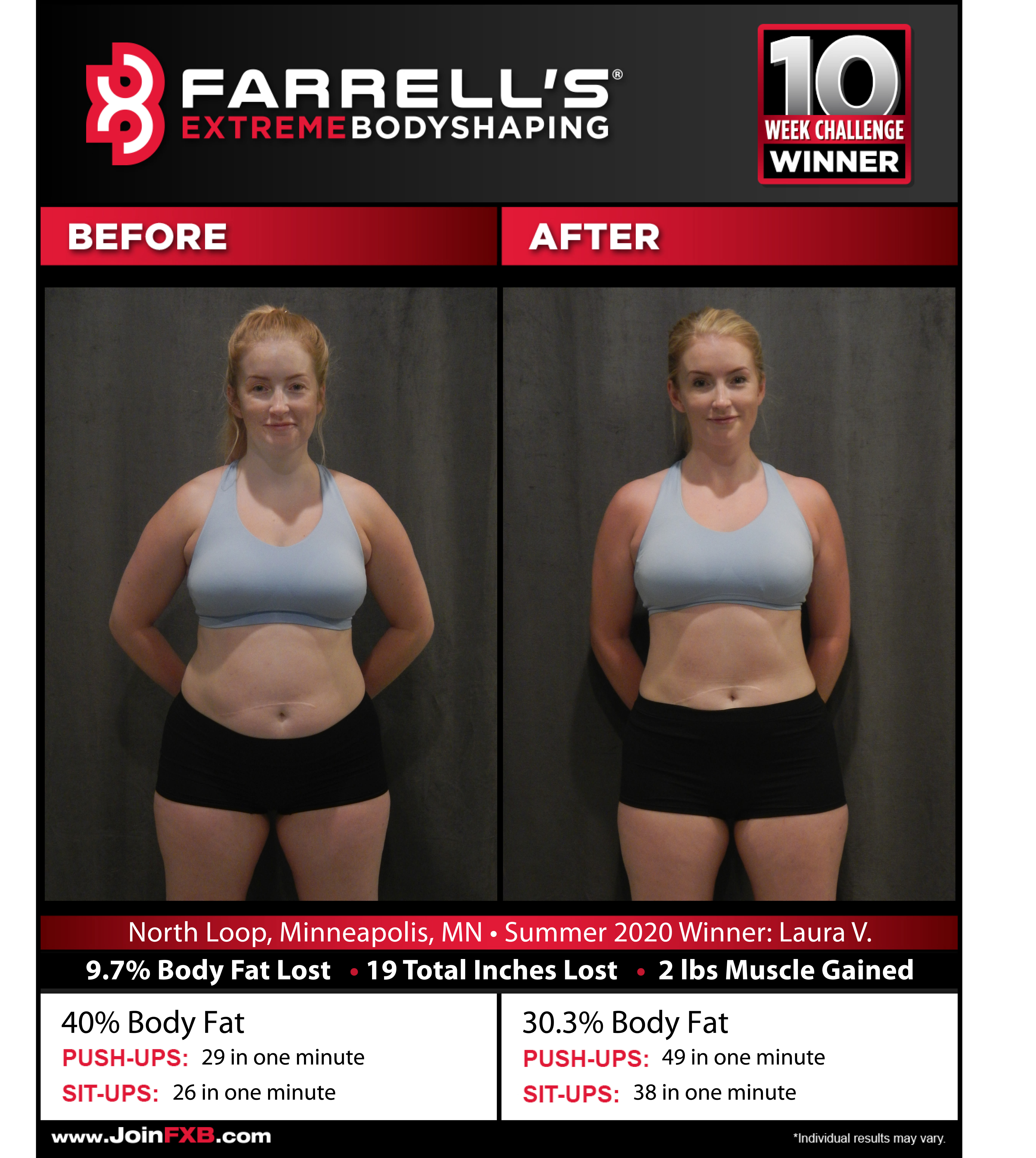
Though not officially, it’s fair to say that winter has arrived. And while freshly fallen snow is picture-book pretty around the holidays, what it does to our workouts and fitness goals certainly isn’t. But some simple practices around planning, adopting the right attitude and eating right can keep your workout willpower strong even while tempting holiday meals and cold, dark days are there to derail you.
What winter does to the body
Not all workouts are the same year-round. It’s easy to throw on some running shoes and hit the road on a warm spring day, but winter requires more planning and more energy to maintain body temperature, therefore more food to provide those needed calories. Grayer, shorter days with less sunlight also mean a reduction in the body’s natural intake of vitamin D, which studies have shown helps oxygenate the muscles, improve bone density and boost the immune system. So as you seek strategies, it’s important to stay strong during colder winter months, which requires more discipline and focus than the easy, breezy days of summer.
Why it’s worth it
Winter can be taxing on the body, but it can also help to improve your overall fitness and even help with mental health through the colder months. It’s tempting to want to wrap up and hibernate until spring, but getting outside for both fresh air and sunlight when you can boost the mood. Working out in colder temperatures also activates the body’s thermogenic genes, helping you burn calories much faster, which is a bonus for healthy weight management, but also requires attention as you consider what to eat when you refuel.
Season for Stretching and Hydrating
Cold weather workouts fatigue the body faster and also hydrate you – by as much as 40% more than during warmer weather months. And because the body sweats less during winter exercise, exhaling more liquid into the air, it feels like we don’t need to down an energy drink or water as much as when it’s hot. Make sure you drink an average of 8oz of water for every 20 or 30 minutes of exercise. Stretch too. It’s essential during winter when the arteries and muscle fibers tighten due to colder air and even nurse impulses slow down, impacting muscle performance and motor function. Warm up for 15-20 minutes inside where it’s warm before venturing out and make sure you’ve warmed up the muscle groups that are going to do all of the work.
Smart Nutrition for Better Workouts
Whether you’re trying to prevent easy winter weight gain, shed a few pounds or just eat well during winter, think more about the types of food you need to fuel your body and your favorite fitness activities than the amount of calories you consume. It’s all about smart nutrition. Think oatmeal to get a morning workout started. It’s full of complex carbohydrates, protein and soluble fiber that give you sustained energy. Top with a favorite nut for additional protein and healthy monounsaturated fats. Olympic athletes are big proponents of chocolate milk or chocolate protein shakes. Use chocolate milk for recovery, or mix peanut butter, chocolate protein, powder, honey, banana and nonfat soy milk for an energy-boosting, satisfying pre-workout meal that won’t make you feel full or sluggish no matter what you do for exercise.
Sleep and Relaxation – key winter must-do’s
The importance of getting regular, consistent and quality sleep can’t be emphasized enough when it comes to impacting your workouts. After a workout, the body needs quality sleep to repair muscle fibers overnight, as well as to replenish energy levels. But lower levels of vitamin D in the body in winter can affect serotonin production which then impacts the wake-sleep cycle and can cause problems, particularly for those of us who have sleep challenges. Things to do: set the temperature overnight to 65 degrees and don’t overload blankets on the bed, wear socks which help regulate body temperature during sleep, and set the heat to kick in 15 to 30 minutes before you wake. Drink a glass of bedside water as soon as you wake up to get the body hydrated and consider using a natural sunlight alarm or smart lamp for a soothing way to wake.
Do all of these things—eat right, sleep well, stretch and get enough fresh air and sunlight during your workouts—and you’ll get the most impact from cold weather workouts before spring arrives again.



